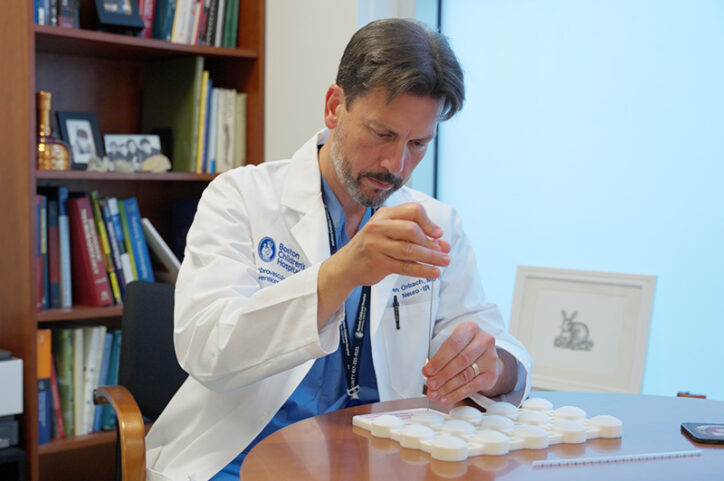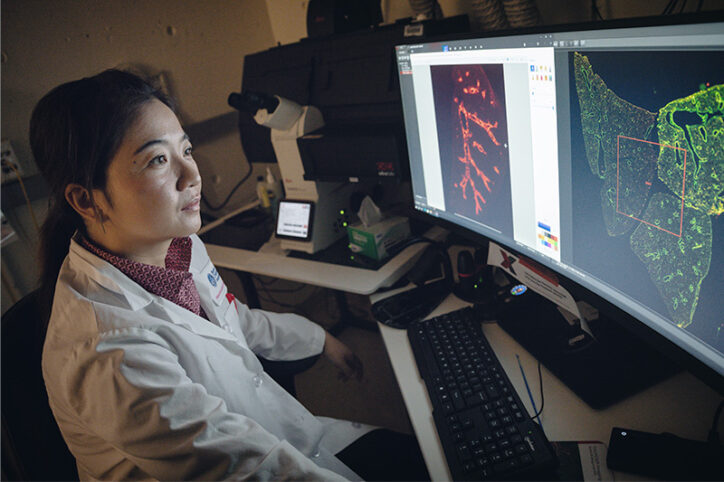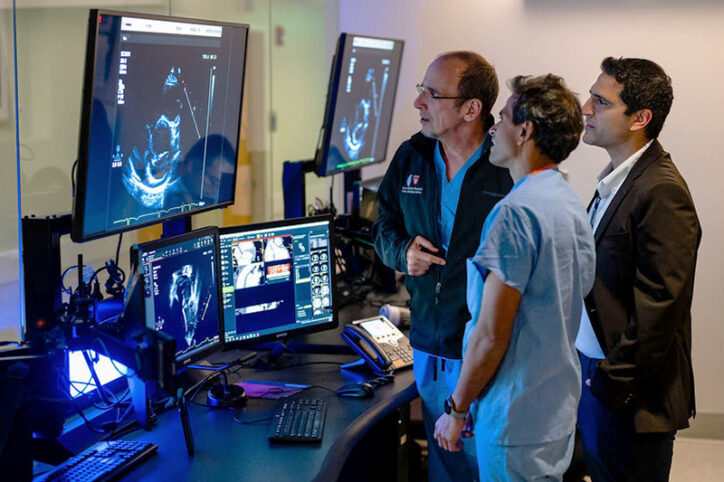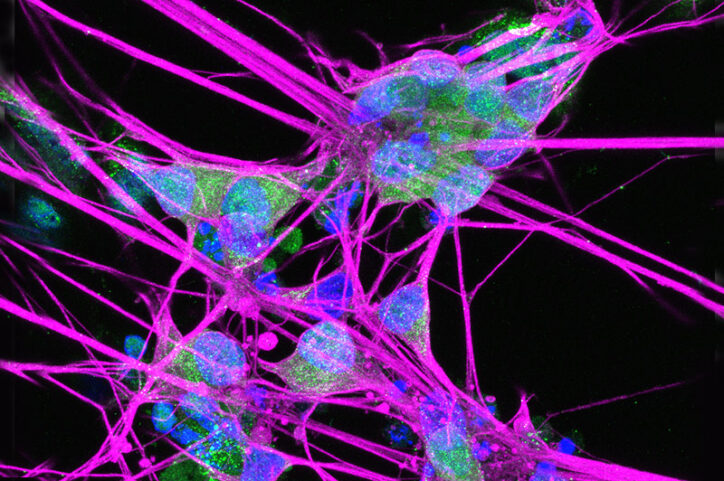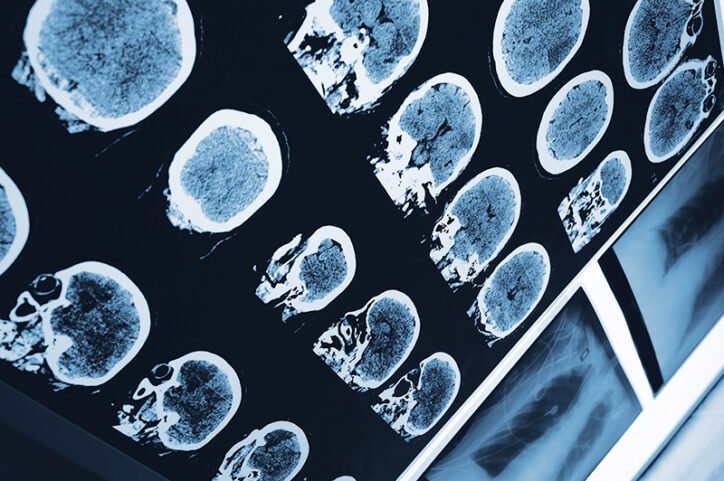Archive for research
Promising advances in fetal therapy for vein of Galen malformation
In 2024, Megan Ingram* of California and her husband were preparing for the birth of their third child when a 34-week ultrasound revealed a potential complication. Their obstetrics team suspected a vein of Galen malformation (VOGM) — a rare vascular condition involving significantly elevated blood flow to the head because of direct connections between arteries ... Read More about Promising advances in fetal therapy for vein of Galen malformation
The hidden burden of solitude: How social withdrawal influences the adolescent brain
Adolescence is a period of social reorientation: a shift from a world centered on parents and family to one shaped by peers, schools, and broader networks. This expansion is critical for healthy development, but it also heightens susceptibility to social stressors. For some, those stressors trigger social withdrawal, a pull toward solitude that may alter ... Read More about The hidden burden of solitude: How social withdrawal influences the adolescent brain
Tagged: adolescent medicine, imaging, neuroscience, research
A toast to BRD4: How acidity changes the immune response
It started with wine. Or more precisely, a conversation about it. “My colleagues and I were talking about how some people think drinking wine may be anti-inflammatory,” recalls Xu Zhou, PhD, from the Division of Gastroenterology, Hepatology, and Nutrition at Boston Children’s Hospital. “There’s no scientific ground for that, but we know wine is acidic.” ... Read More about A toast to BRD4: How acidity changes the immune response
Tagged: cancer, immunotherapy, research
A unique marker for pericytes could help forge a new path for pulmonary hypertension care
Pulmonary arterial hypertension (PAH) is a rare condition that’s difficult to treat. The hallmarks of the disease — narrowing of the arterioles and capillaries that deliver blood to the lungs — force the heart to work harder. In severe cases, PAH can lead to heart failure. Pericytes support capillary function and may play a role ... Read More about A unique marker for pericytes could help forge a new path for pulmonary hypertension care
Tagged: pulmonary hypertension, pulmonology, research
New research paves the way to a better understanding of telomeres
Much the way the caps on the ends of a shoelace prevent it from fraying, telomeres — regions of repetitive DNA sequences and a protein structure — protect the tips of chromosomes from damage. Every time our cells divide, telomeres lose a bit of that DNA. Eventually, telomeres become so short that they can no ... Read More about New research paves the way to a better understanding of telomeres
AI-designed proteins open doors to new immunotherapies
Artificial intelligence (AI) is increasingly helping drive advances in science and medicine — including cellular signaling. In a recent study, published in Cell, a team of Boston Children’s researchers used groundbreaking AI-based protein design technologies to generate large numbers of immune cells — specifically T cells — in the laboratory and to enhance immune responses ... Read More about AI-designed proteins open doors to new immunotherapies
Tagged: immunotherapy, research, stem cells
Advancing global health: Using AI to detect heart disease in children
In many low- and middle-income countries, pediatric cardiologists can’t help children with congenital heart conditions because of a critical hurdle. They don’t have easy access to advanced diagnostic technology. Key takeaways Children in many countries are not receiving proper heart care because they’re not being diagnosed. AI-powered electrocardiogram (AI-ECG) models could give cardiologists in these ... Read More about Advancing global health: Using AI to detect heart disease in children
Hope in sight for autosomal dominant optic atrophy (ADOA)
Autosomal dominant optic atrophy (ADOA), the most common genetic optic neuropathy, is an insidious disease. It often presents slowly during childhood by way of blurry vision, trouble reading or focusing, and sometimes only as a failed vision test. But behind these subtle signs lies progressive, irreversible vision loss in both eyes caused by deterioration of ... Read More about Hope in sight for autosomal dominant optic atrophy (ADOA)
The dopamine reset: Restoring what’s missing in AADC deficiency
In March 2023, a young girl came to Boston Children’s Hospital unable to hold up her head — one striking symptom of aromatic L-amino acid decarboxylase (AADC) deficiency. This rare neurological disorder prevents the brain from producing dopamine and serotonin — essential chemicals for controlling movement, mood, and basic body functions. Without them, children experience ... Read More about The dopamine reset: Restoring what’s missing in AADC deficiency
Tagged: gene therapy, neurology, research, seizures
Parsing the promise of inosine for neurogenic bladder
Spinal cord damage — whether from traumatic injury or conditions such as spina bifida — can have a profound impact on bladder function. This can result in neurogenic bladder, a problem in which damage to the nerves involved in urination leads to a loss of bladder control. Neurogenic bladder is currently managed with medication, Botox ... Read More about Parsing the promise of inosine for neurogenic bladder
Tagged: research, spina bifida, spinal cord injury, urology


